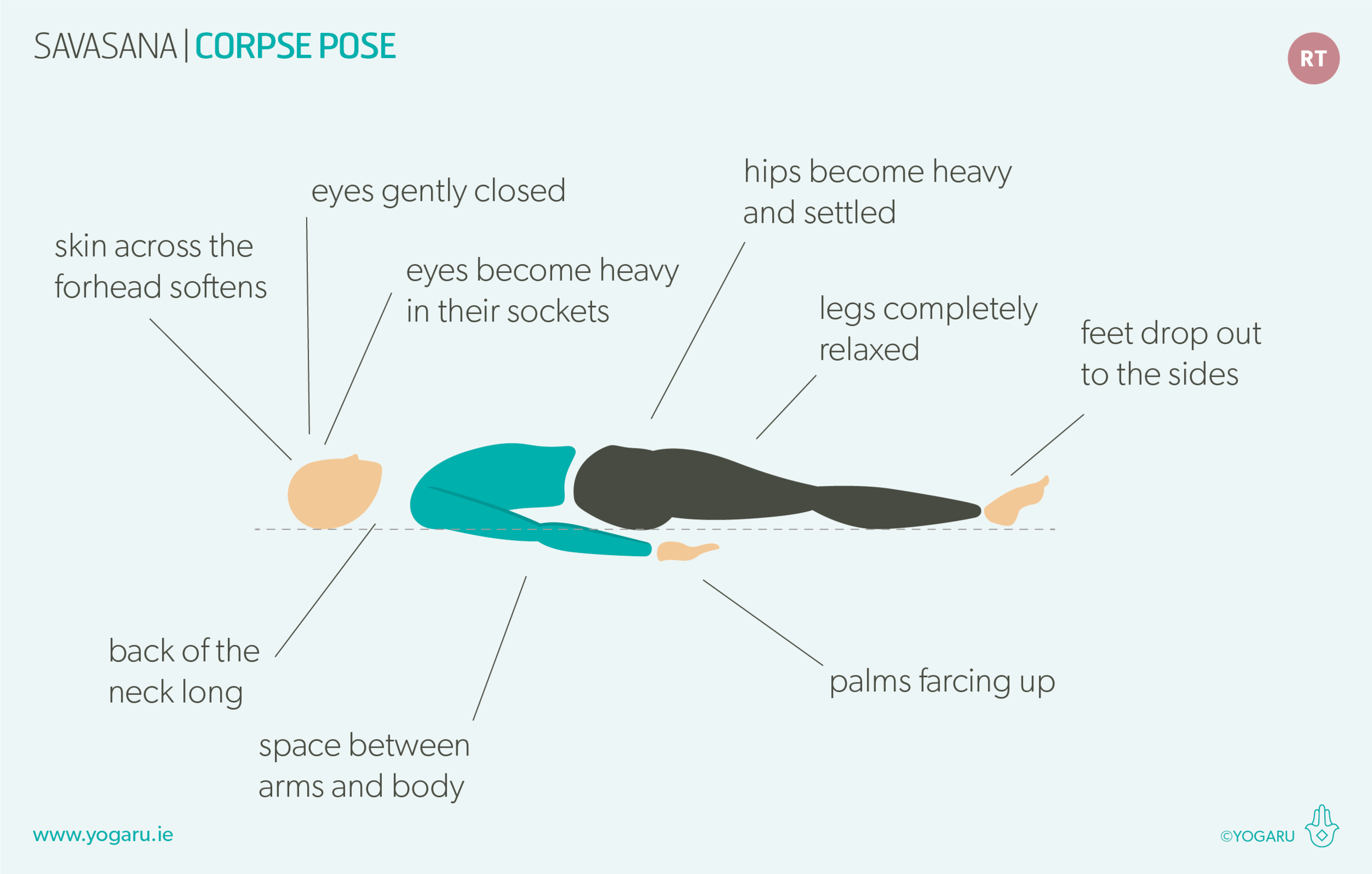
What is alternate nasal breathing? What are its benefits and potential risks? This article will explain the method and its effects. Continue reading to find out if this method is right for your needs. You can then try it yourself. These are some helpful tips:
Benefits
Alternative nostril breathing has many benefits. It can be practiced in a quiet place without disturbing others and takes just five minutes. You can do it anywhere, but it's best to practice it regularly. You should sit comfortably. Alternate nostril breathing involves holding your right hand high up and pressing your thumb into the nostril.
Alternate nostril respiration can increase energy flow in the body and help reduce stress and overwhelm. Your brain will receive enough oxygen through oxygenating your blood. This helps you sleep better so that you can concentrate on your work and family responsibilities. You can also relax tension and stress by using this exercise.
Methods
You can calm your mind by practicing alternate nostril breaths. This simple exercise needs to be done in a quiet area and takes some time. You can do this in a calm, comfortable place. While this exercise can be done anywhere, it is most beneficial when completed in a comfortable, quiet space. Alternate nostril breathing can be done in a comfortable position, such as on a meditation cushion. There are many benefits to alternate nostril breath, so make sure you choose the best one for you.

Alternative nostril breathes bring calmness to your entire body. It aligns your mind and body, calms your nervous systems, and helps you relax. In addition to calming your mind, this technique has also been shown to lower your blood pressure and help you achieve better cardiovascular health. It can be used to calm anxiety and manage stress. Alternate nostril breaths can be done in stressful situations, or when you feel overwhelmed.
Effects
Alternate nostril breathing can be a simple but effective exercise to improve cardiorespiratory and autonomic function. It has many benefits. According to one study, it improved cardiovascular function in obese and hypertensive patients. It can also be beneficial to young people with high blood pressure. Alternate nostril breathing benefits are still unknown. However, there is more research needed. Our website provides more information on the benefits of this exercise.
You should practice alternate nostril respiration when you are at your most relaxed and have plenty of time. This technique is best done with an empty stomach. Avoid practicing this exercise if you're congested or sick. Alternate nostril breathing is a great way to relieve stress, and is a great stress reliever. Give it a try to see if it works for you. You'll soon discover the benefits of alternate nostril respiration.
Safety
Most people can practice alternate nostril breathing safely at home. Patients with heart and lung conditions should consult a physician before you begin the exercise. If you feel dizzy and nauseous, consult your physician immediately. A yoga instructor can help you learn how to breathe correctly and safely using alternate nostrils. These benefits might not last long. For optimal cardiovascular health, alternate nostril breathing is a good practice.
Alternate nostril breathing is safe and has a calming effect. Deep relaxation allows the brain to get more oxygen. This oxygen stimulates the parasympathetic nervous. It allows us relaxation and helps us focus. Alternate nostril breath can help increase energy, decrease stress, and improve mental clarity. Try it if you're feeling stressed or anxious about the day ahead. You may be surprised by the benefits
Sequence

Alternate nostril breathing is a great way to relax and prepare for meditation. You can practice this technique by closing your left nostril using the little and the ring fingers of the right hand. Next, open the other nostril. Inhale and exhale through the right nostril. This process should be repeated for fifteen minutes. Keep your breathing steady and deep. Do not rush or exaggerate the process.
This type is thought to have other benefits. This type of breathing can reduce anxiety and improve memory performance. It can also boost academic performance. A 2011 study found that students from engineering showed significant improvements in their physical and mental well-being when they practice alternate nostril breaths after class. This study did not find any evidence that there was an increase in athletic skill or an improvement on IQ.
FAQ
What can you do to improve your mental health?
When we feel stressed out at work, home, school, or with our families, mental health is crucial for all of us. You can improve your mental health by exercising regularly, eating healthy foods, sleeping well, and spending quality time with family members. Exercise releases endorphins, which can make us happier. Healthy eating habits can also help our bodies function well. Being well-rested gives us energy to get through the day. Spending quality time with loved ones can improve our relationships and reduce stress.
Why is it important for improving emotional health?
Emotional health is essential for happiness and well-being. If you don't feel emotionally healthy, you won't be able to perform at your best. People suffering from depression often have difficulty working. Anxiety, panic attacks or insomnia may be common symptoms. The good news is that these conditions can be treated successfully with medication and therapy.
What are the five ways to improve wellbeing in your life?
Wellbeing is defined as "the state of physical, mental, spiritual, and social well-being". Our well-being is affected by many factors, including family, work and health. The first step to improving your well-being is identifying what aspects of your life need improvement. Next, change these things to improve your well-being.
Here are five tips to boost your well-being.
-
Exercise - It boosts endorphins, which can make us happier.
-
Sleep – A longer sleep time reduces stress and anxiety.
-
Nutrition – Eating healthy food (such as fruits or vegetables) will improve your mood.
-
Meditation - Regular meditation can reduce stress and anxiety.
-
Socialization - Spending quality time with friends and family makes us happy.
Why is students' mental health important?
Mental health is essential for students as they must be able to concentrate on school while also being able to learn well academically. Without feeling like yourself, you will not be able perform well at school. Students suffering from depression are more likely to miss class, which can lead them to get poor grades. This could lead to students dropping out of high schools and eventually going to college.
Parents and teachers should be consulted if you are suffering from depression. They can help get you the care you deserve.
Not everyone with depression requires medication. Talk therapy can be very effective for many people. If you are interested in getting help, you should see a counselor.
What is the impact of mental health on our daily lives?
All people are affected by mental illness at some point in their lives. The difference between individuals with mental illness or others is the fact they don’t seek treatment. Talk to someone if you feel something is not right. There are many treatments for depression, anxiety and stress.
Statistics
- Similarly, while there is some agreement about the boundaries of typical mental disorders 2, there is likely less agreement about those for positive mental health. (ncbi.nlm.nih.gov)
- Similarly, for positive mental health, there is likely to be substantial agreement about some typical components (e.g., resilience to stress) 6, and controversy about more atypical components (e.g., career consolidation). (ncbi.nlm.nih.gov)
- Neuropsychiatric diseases are the leading cause of death and disability in the U.S., accounting for 18.7 percent of all years of potential lifespan loss and premature mortality.
- It means no drinking any alcoholic beverages and no taking any drugs that aren't 100% natural.
- According to the National Alliance of Mental Illness (NAMI), one in five Americans experiences mental health issues which translates to more than 40 million adults a year. (doctorondemand.com)
External Links
How To
How to determine if one needs to seek help from a mental health expert
There are some indicators that will alert you to the possibility of professional assistance. You should consult a doctor immediately if you see any of these warning signs.
-
You feel like your control is being lost.
-
You are having difficulty sleeping.
-
When you try to focus, your thoughts race.
-
You are thinking about suicide.
-
You feel helpless.
-
You feel that life is not worth living.
-
You have lost interest and are no longer interested in the things you loved.
-
You've stopped eating.
-
You have been withdrawn.
-
You may have used drugs or alcohol to manage stress.
-
You are losing friends or family.
-
Other physical symptoms include headaches, stomachaches and backaches, as well as chest pains.
It is imperative that you see a doctor immediately if you are experiencing any of the above symptoms.